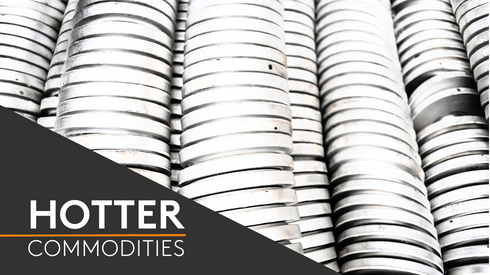“We’ve had great interest in terms of national security concerns: not only supply chain concerns, but the actual minerals,” Schilling said at the Society for Mining, Metallurgy & Exploration’s (SME) 9th Current Trends in Mining Finance Conference on Wednesday May 22.
“With the IRA, we’ve seen quite an increase in positive investment and positive thinking toward recycling, which was different in the past when it was not as talked about as a discussion topic,” she continued.
Price swings in lithium, nickel and cobalt have had downstream impacts on investments, as well as commercial agreements and associated payables, according to Schilling.
Glencore’s smelter in Sudbury, Ontario, processes black mass using pyrometallurgy, which does not recover lithium.
“That was a big reason for Glencore’s investment in Li-Cycle,” she said, noting that lithium prices a couple of years ago made it more desirable to recover lithium from black mass.
Glencore and Li-Cycle’s hub in Italy was expected to become Europe’s largest source of recycled battery-grade lithium with a target commissioning time of late 2026-early 2027, though those plans could be under threat after a request to fast-track the project was rejected by the regional government.
With lithium-iron-phosphate (LFP) technologies becoming more popular, interest in hydrometallurgical technologies or other processes may increase to maintain mineral yields and reduce the loss typically associated with burning processes, Schilling said.
The weekly assessment of the black mass, LCO, payable indicator, lithium, cif South Korea, % payable Fastmarkets’ lithium carbonate 99.5% Li2CO3 min, battery grade, spot prices cif China, Japan & Korea was 3-5% on Wednesday, unchanged since December 6.
Fastmarkets’ daily assessment of lithium carbonate 99.5% Li2CO3 min, battery grade, spot prices cif China, Japan & Korea was $13.50-14.50 per kilogram on Thursday May 23, up from $13.00-14.25 per kg a month earlier but down from $32.00-36.00 per kg year on year.






